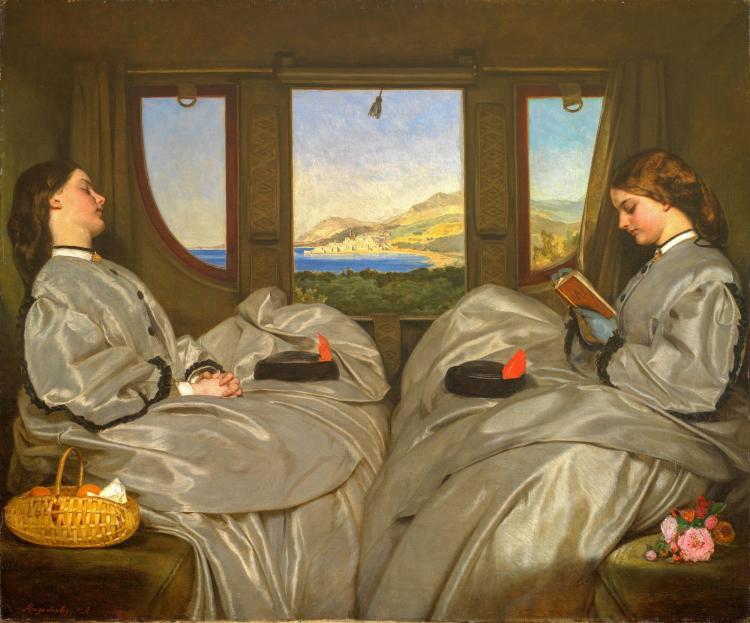This one is all about places. There's one about states but this one counts cities, countries, and fictional locations too. Read a book set in a location for each letter of the alphabet. West Virginia only counts for W, Bowling Green only counts for B, but the Pern series by Anne McCaffrey that is on a fictional planet counts as P ;-)
My list of books read so far:
A: (Alaska, USA) Blood Will Tell - Dana Stabenow (January '17)
B: (Bayembe) The Tropic of Serpents - Marie Brennan (Oct. '17)
C: (Cote D'azur, France) Jacquot and the Fifteen - Martin O'Brien (Feb '17)
D: (Devon, UK) North Face - Mary Renault (March '17)
E: (Europe) Continental Crimes - edited by Martin Edwards (August '17)
F: (France) Best Foot Forward - Susie Kelly (May '17)
G: (Gaillac, France) The Critic - Peter May (July '17)
H: (Hilary Magna, UK) Death of a Busybody - George Bellairs (Sept. '17)
I: (Italy) Excursion to Tindari - Andrea Camilleri (July '17)
J:
K: (Kingsmarkham, Sussex, England) No Man's Nightingale - Ruth Rendell (August '17)
L: (Lewis - The Outer Hebrides, Scotland) The Lewis Man - Peter May (January '17)
M: (Minnesota, USA) The Lost Girls - Heather Young (Feb '17)
N: (Norfolk, England) The Woman in Blue - Elly Griffiths (May '17)
O: (Oxford, England) Death on the Cherwell - Mavis Doriel Hay (June '17)
P: (Philadelphia, PA, USA) The Signature of All Things - Elizabeth Gilbert (February '17)
Q: (Quebec, Canada) The Brutal Telling - Louise Penny (Mar. '17)
R:
S: (St. Denis, Perigord, France) Bruno, Chief of Police - Martin Walker (June '17)
T: (Three Worlds, The) The Cloud Roads - Martha Wells (March '17)
U: (Utah, USA) To Helvetica and Back - Paige Shelton (Mar. '17)
V: (Vézére valley, France) The Caves of Périgord - Martin Walker. (August '17)
W: (Wisconsin, USA) Way Station - Clifford D. Simak (Feb. '17)
X:
Y:
Z:
Sooooo, that's 20 letters filled, 6 to go: B J R X Y & Z. I'm currently reading a book for B, leaving me with 5 letters to find books for before 2018. R shouldn't be a problem but the rest could be slightly problematical. I have a book set in Zimbabwe on my Kindle I think but we'll see what else emerges for the rest. Quite pleased with some of the destinations... various lovely US States, nice parts of France, Canada, Scotland, England and so on. Possibly I should vary the countries a bit more but those are the places I like reading about so it's a very much a list which reflects me and I can't think that that's really such a bad thing. I'm also pleased with the books I've read... there're some excellent titles on that list.






